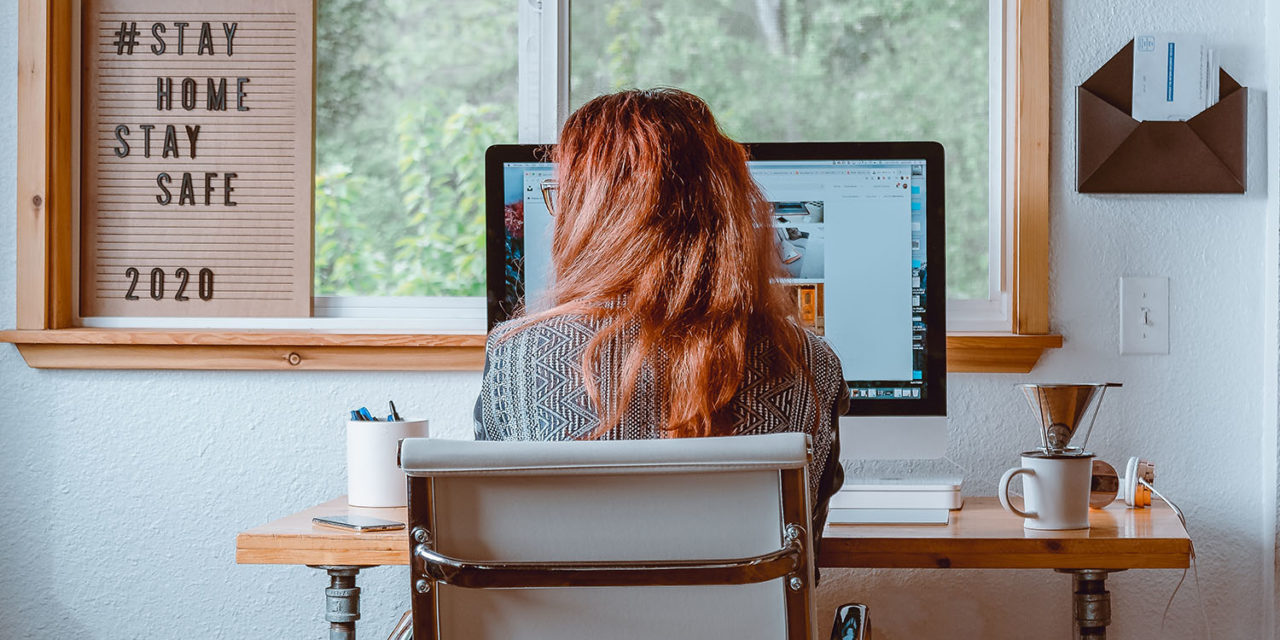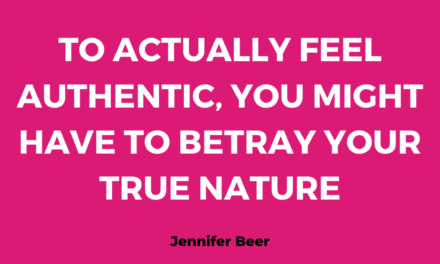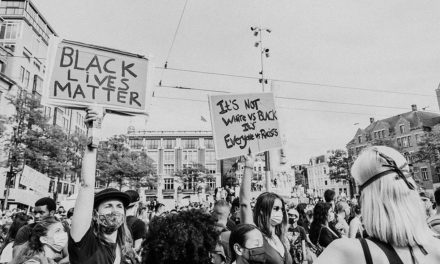This article started as a LinkedIn post, but I’m sharing it again as a blog post, because apparently it struck a chord with both working women and flustered men, and I’m happy to keep it here, where it can have a somewhat wider currency. I hope you enjoy it.
Unless you have been fortunate enough to live under a rock all through the first eight months of 2020, you will know by now that humans can’t do things anymore. Doing things is out, talking about doing things is in. In case you have been living under a rock, let me explain. First though… is there any spare room under that rock? No? Sorry, asking for a friend. Anyway, let’s get back on track. There was – there still is – a massive pandemic raging throughout the world. Some countries have it relatively under control, others do not. It is now an accepted fact that we have to get used to the “new normal” in just about every aspect of our existence. The need to stay away from other human beings, to stand far enough from each other that we don’t inhale someone else’s potentially dangerous droplets of vaporised saliva, has made most workplaces hard to negotiate.
The companies that can afford to have their employees working from home have emptied out their offices and invested in digital infrastructure to make home-office hours available to all or most of their workforce. The new normal consists of zoom calls, night-time emails, meetings in which there is always someone who forgets to mute their microphone when taking a call or shouting at their family.

Two categories have sailed smoothly through this transition: working women and freelancers who already worked from home. This obviously makes working women who have been freelancing for years, like yours truly, some sort of new normal superheroes. The flip side of this observation, however, begs a question: are men ok?
Are men ok?
All of us who have had to endure zoom calls with the kind of colleague and client who, before the pandemic, would insist on having meetings in person have seen them struggle. Get frustrated when their children or pets walk into the room or demand attention during a business meeting, scramble to find a good spot to take a video call and then settle for a white wall cause “at least that looks tidy”, miss appointments or double-book themselves, and complain to anyone who will listen about how hard it is to juggle chores with work day in and day out. To which, of course, working women raised a few doubtful eyebrows.
It feels incredibly outdated to say this, but it is a fact that, in most of our evolved societies, housework is not equally divided between the male and female members of most households, regardless of their job, age, and condition. This has trained working women to take a flexible approach to their professional and domestic duties. For some of us, this is also linked to the superpower of being able to skip from one task to the other taking everything in our stride.

Most of my male colleagues, on the other hand, keep getting thrown off their focus if their private life and their professional duties are forced to co-exist in the same room.
Working women are not superheroes. They are just getting things done.
Is there a teachable moment here? Is there something we can learn from these “new normal” dynamics? I usually shirk the argument that “women are superheroes because they can juggle domestic work, childcare, and a career”, first because this is not 1950 and second because it perpetuates the idea that childcare and domestic work should only be in the way of a woman’s career and not a man’s, which was already offensive in 1950. In this case, however, I think there is another lesson we can learn. The continued existence of that stereotype has left most working women better equipped to deal with the new normal than their male colleagues. Which means, in short, we are fine. We are doing great and this new world appears to be shaped in our image. What do working men need to learn in 2020, to be able to cope with the changing needs of the job marketplace? Well, probably to be more like us. And I’m not saying they aren’t going to manage it, I’m just warning them: it takes years of practice.
How Maria did it – #OwnYourStory
I’m going to leave you with a practical example, taking from one of the many amazing stories that were submitted to Rockchain’s Working Women 2020 Contest.
A couple of years ago, Facebook COO Sheryl Sandberg opened our eyes to the fact that we as women – can lean into whatever we wish.
We don’t have to explain away our life choices anymore. Nobody has a right to ask us what order or priorities we abide by or whether we are planning on starting a family, pursuing a career, or ditch everything and live in a tree. We should always remember that, so that when people do ask, we know we don’t need to provide answers.
In other words: The path you have chosen is none of other people’s business, you get to create your own narrative. You own your story. 21st century feminism is about equal opportunities and empowerment.

Entrepreneur Maria-Christina Tsitsopoulos contributed to the ROCKCHAIN and Patrick Liebl 301words storytelling contest with a very touching story, simple yet powerful, about doing what so many working women do on a daily basis. This is a story about motherhood. And, for once, this is not about motherhood being an alternative to professional fulfilment. This is not about motherhood “standing in the way” of a woman’s career. This is about motherhood being a transformative experience that provided Maria with the skills, resources, and experience necessary to advance in her profession and to create a career path that would match her inner strength.
Maria spent 5 years building startup communities before moving to Berlin – for love, and life – in the summer of 2018. There, her focus shifted to people and personal development. Now a Registered 200hr Yoga Teacher, Certified NLP Practitioner, and Co-Founder of Karpouzi, offering curated experiences to help people reconnect and fall in love with themselves. She became a Mother last year and her journey into motherhood inspired her to train as a Doula to add to her existing offerings. Since then, her mission is to empower other women on their journey and support them in their growth.
Read her story here.





